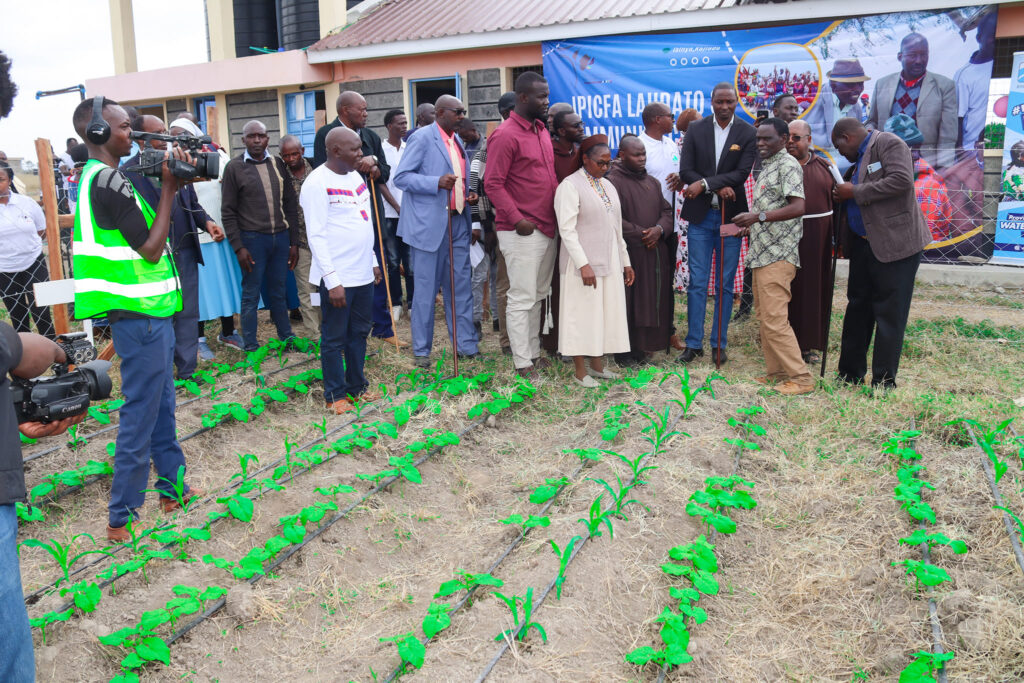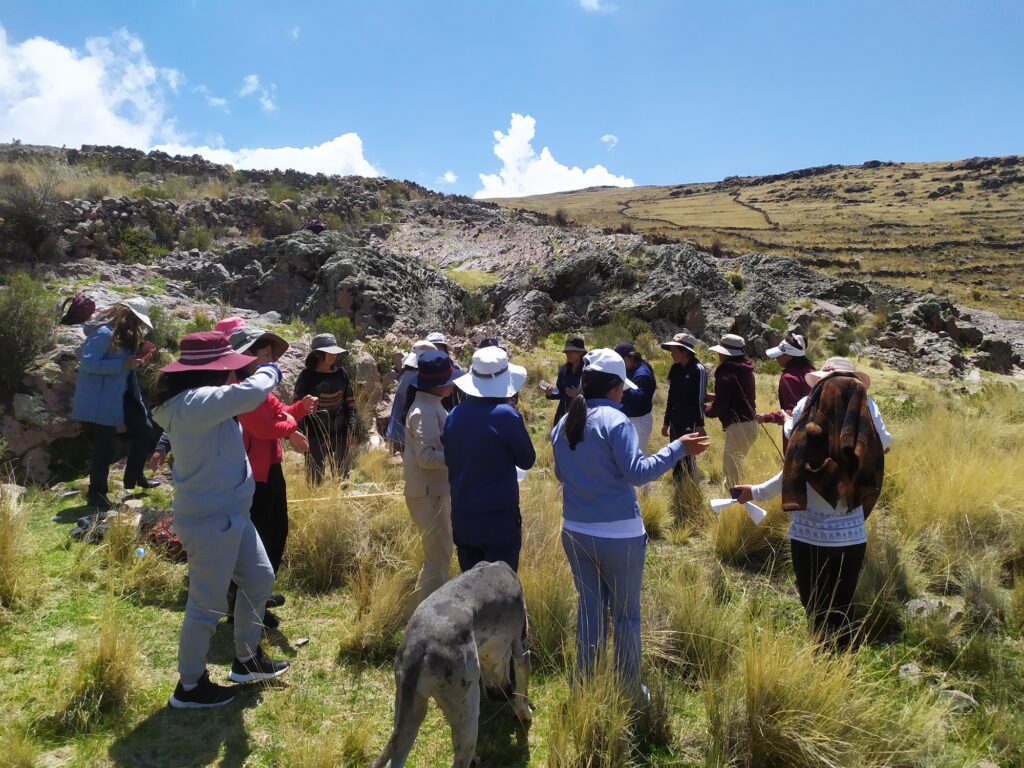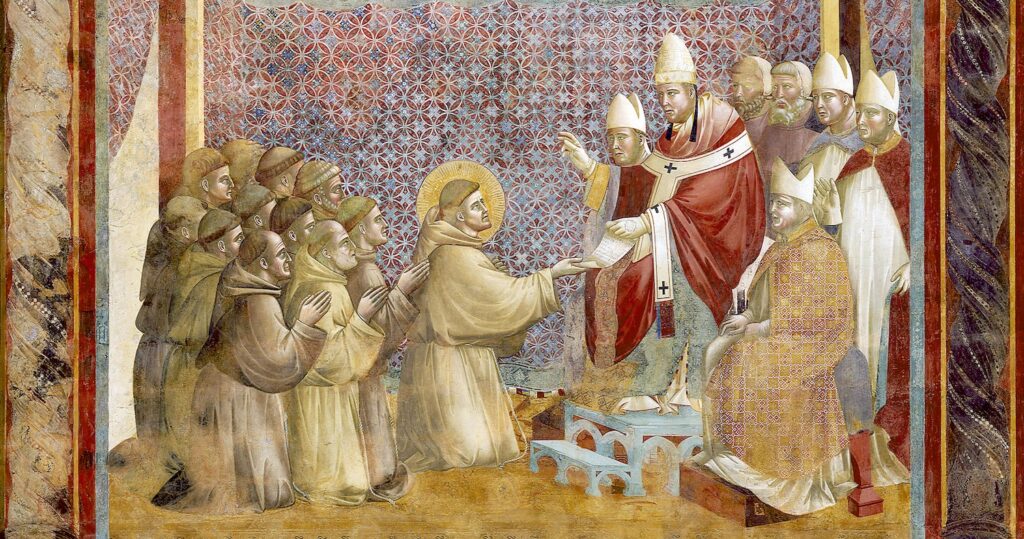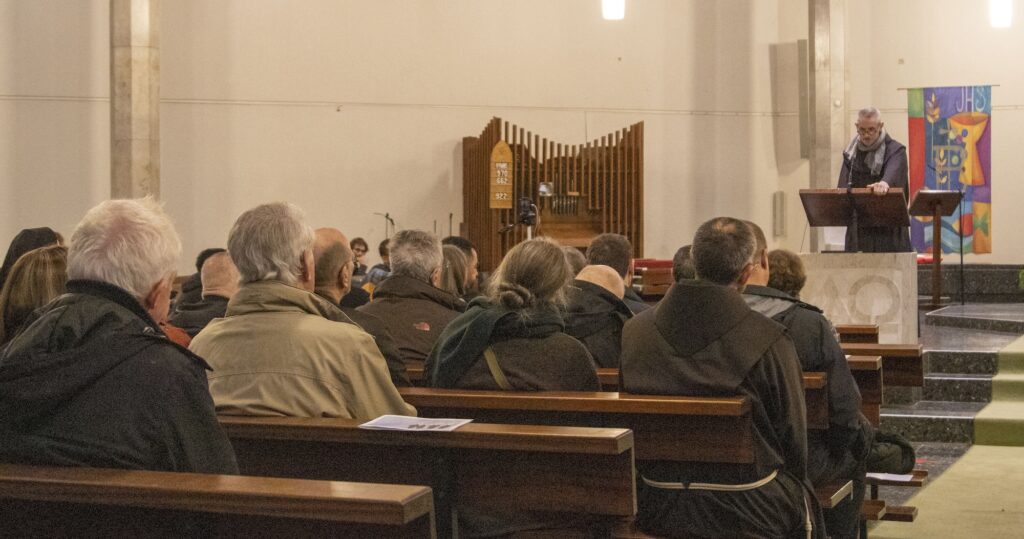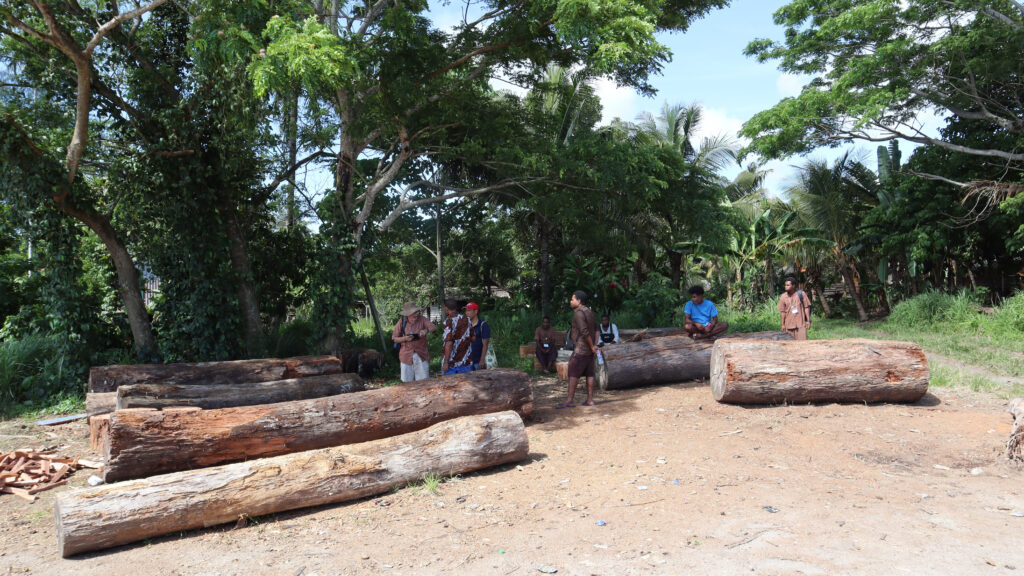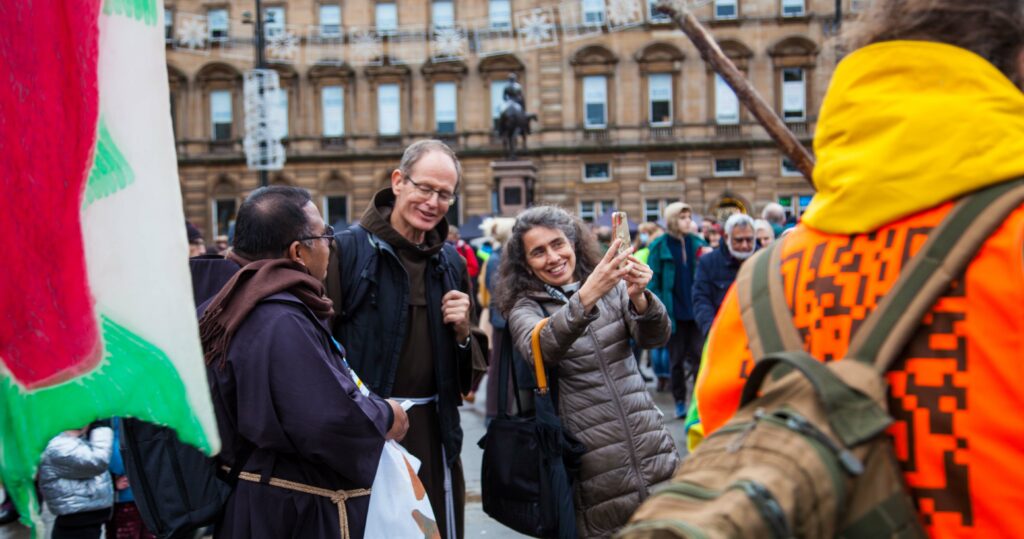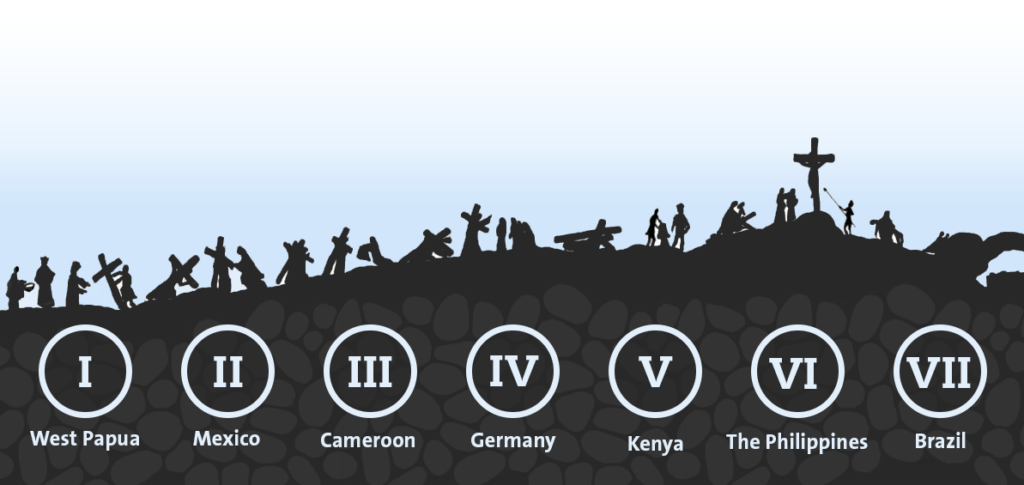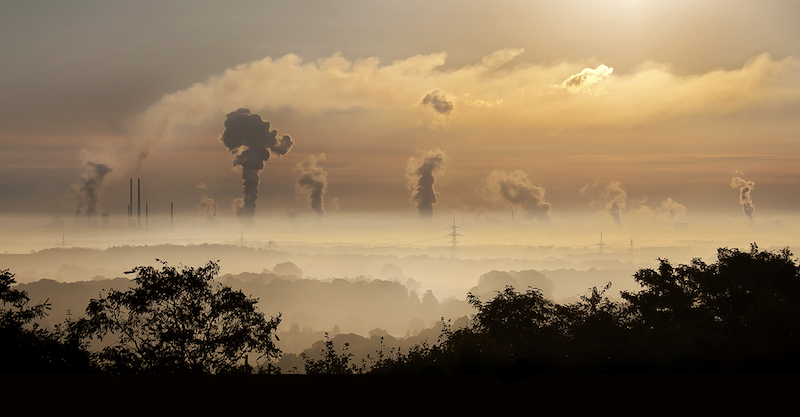This article is part of a series of reflections written by our International Board of Directors to celebrate the 800-year anniversary of the Canticle of Creatures.
As we face the intensifying effects of climate change, 2025 offers a sacred opportunity for reflection, recommitment, and prophetic action. This year, the Franciscan family around the world marks three deeply connected milestones: the 800th anniversary of The Canticle of the Creatures by St. Francis of Assisi, the 10th anniversary of Pope Francis’ encyclical Laudato Si’, and Earth Day 2025. These anniversaries are more than dates, they are a call to reawaken our Franciscan spirit of ecological justice and deepen our care for our common home.
In 1225, St. Francis composed The Canticle of the Creatures, praising God through Brother Sun, Sister Moon, and all elements of creation (Water, earth, air, and fire). Even in suffering, Francis saw the world as a sacred communion of life. Today, his vision challenges us to move beyond domination and consumption, toward kinship and reverence, caring for Mother Earth. “Praised be You, my Lord, through our Sister, Mother Earth, who sustains and governs us…” These words are not only beautiful, but they are also a deeply prophetic insight to ecological justice.
Pope Francis echoed this spirit in Laudato Si’, which continues to inspire many people since its release in 2015. This encyclical remains one of the Church’s most powerful moral responses to climate and ecological crises. It reminds us that care for creation is not optional. It is at the heart of our Catholic Christian discipleship: “Living our vocation to be protectors of God’s handiwork is essential to a life of virtue.” (LS 217). The Pope connects our ecological crisis to injustice and poverty. “The cry of the earth and the cry of the poor are one and the same.” (LS 49) The destruction of ecosystems, plastic pollution, and loss of biodiversity are not isolated issues. They are symptoms of a throwaway culture that treats both people and nature as casual.
But Laudato Si’ is not just a critique. It is a call to hope and action. At the grassroots, we Franciscans are living this call every day. In Kenya, we engage schools and parishes in tree planting, clean-ups, and Laudato Si’ education. In places like the Philippines, the Solomons Islands and Latin America, our sisters and brothers are working with local communities on sustainable farming, climate resilience, and the defense of Indigenous rights. One powerful example is the JPIC Franciscan Africa- Laudato Si community center in Isinya, Kenya. This center, among the Maasai people, consists of a community water borehole, an agroecology demo farm, and other community empowerment focus programs. Rooted in Franciscan and Maasai spirituality, the center offers a living example of how climate action, cultural respect, and spiritual care can go hand in hand. It is a response not only to ecological destruction but to the marginalization of Indigenous voices in the climate conversation.
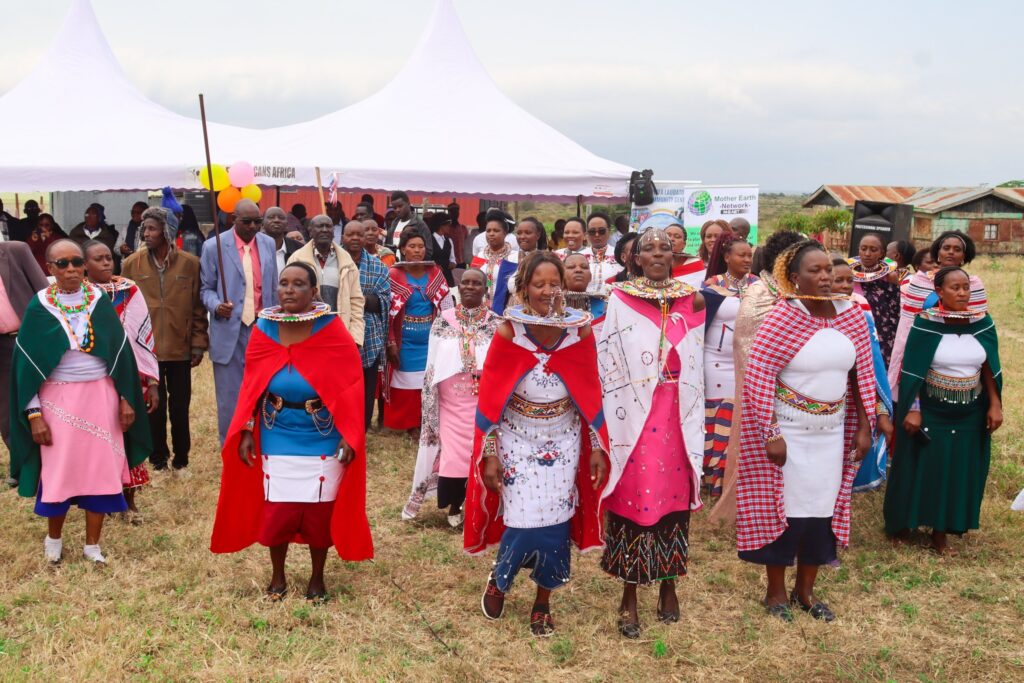
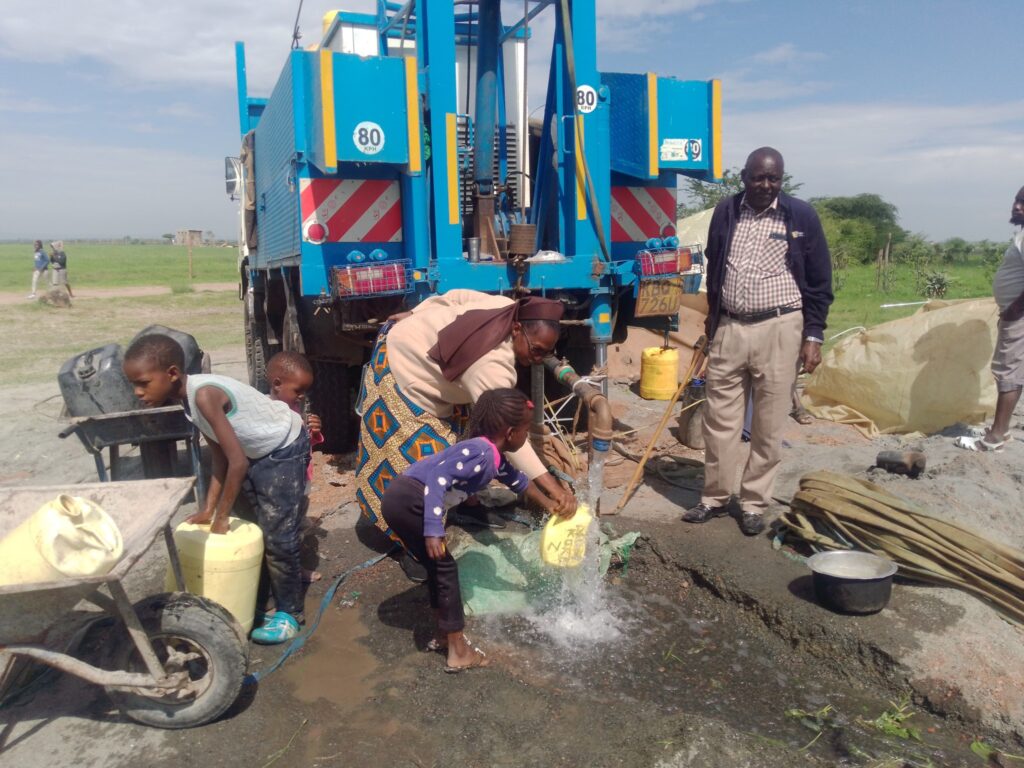
In this journey, we walk alongside many others, including the Mother Earth Network and the Laudato Si’ Movement (LSM). LSM has mobilized Catholics around the world to embrace ecological conversion. Their support to local initiatives, training of Laudato Si’ Animators, and global advocacy campaigns complement the work of Franciscans and amplify our shared voice for the Earth and the poor. Together, we are building a global movement grounded in faith, science, and solidarity and putting Laudato Si’ to life.
This year’s Earth Day theme, “Planet vs. Plastics”, gives us a concrete way to live out this call. Plastics are suffocating the planet and harming the most vulnerable. Inspired by Laudato Si’, we urge all Franciscan communities and people of goodwill to refuse single-use plastics, advocate for bold policy change, and raise awareness through education and prayer. At the international level, Franciscans International brings these grassroots experiences to the United Nations, where we advocate climate justice through the lens of human rights and dignity.
In the words of Pope Francis: “Everything is connected.” (LS 91) The ecological crisis is a spiritual crisis. It invites us to a deeper conversion, a renewal of our relationship with God, with each other, and with creation. It asks us to live simply, walk humbly, and act justly.
Let us mark these anniversaries not only with celebration, but with courage. Let us walk in the footsteps of St. Francis, embracing a spirituality that is joyful, embodied, and engaged with the cries of our time. Laudato Si’ is not just a document, it is a roadmap for a new way of being. As we look to the future, may our prayer become action, and our action become praise: “Praised be You, my Lord.”
Brother Benedict Ayodi OFMCap

